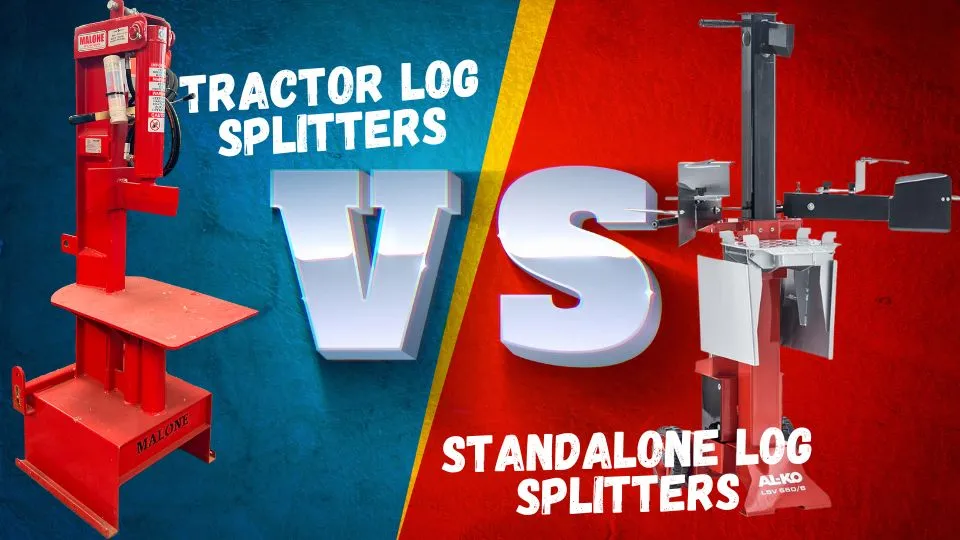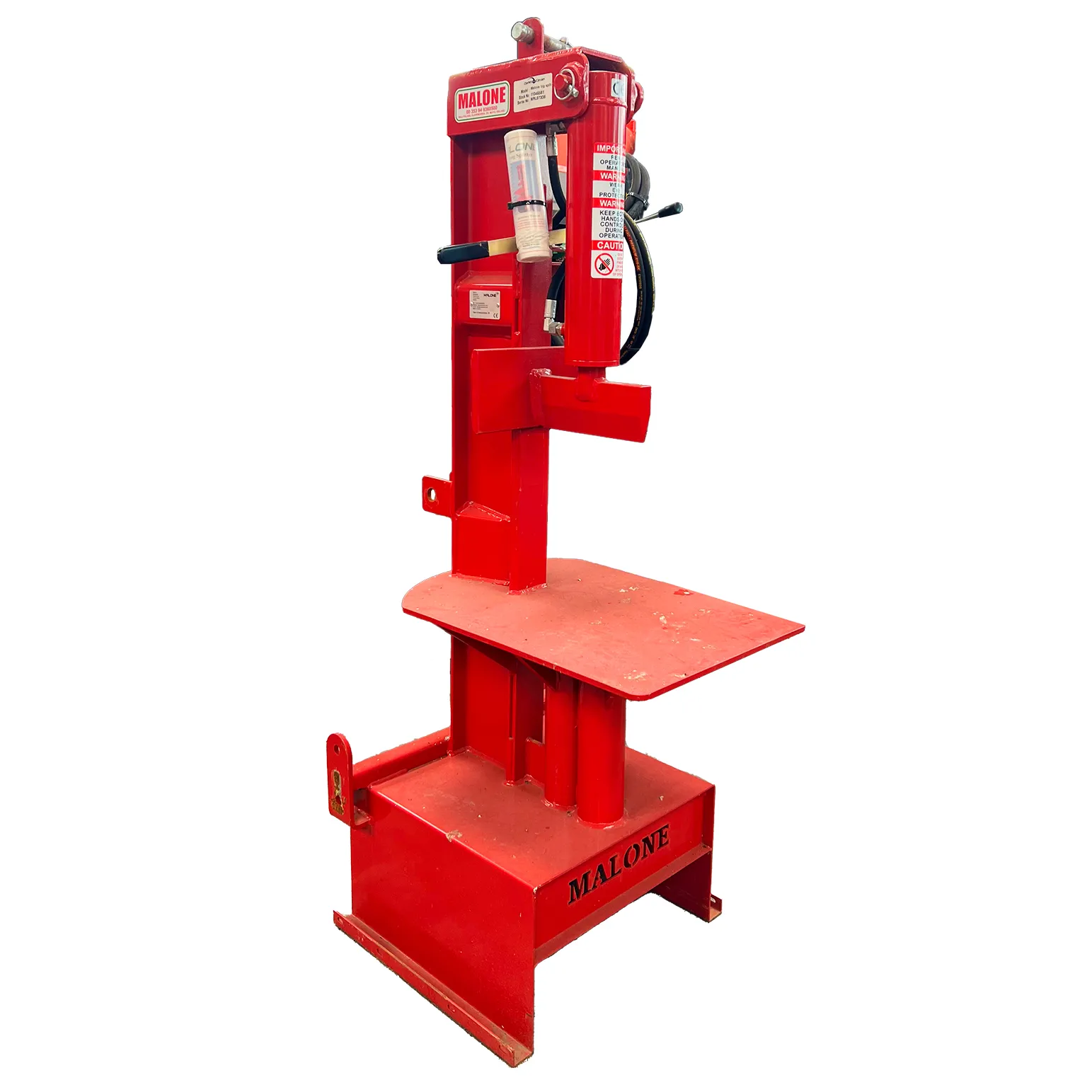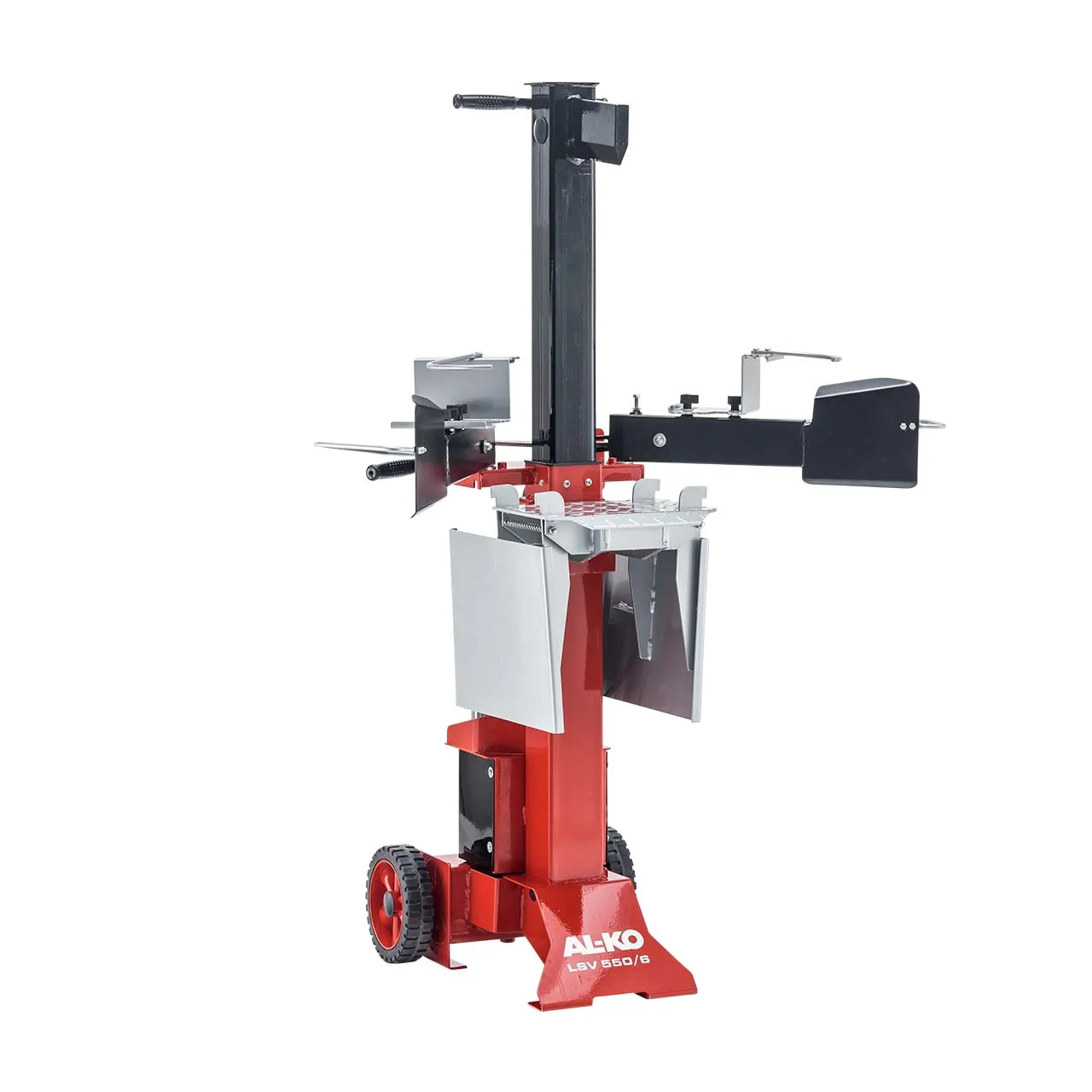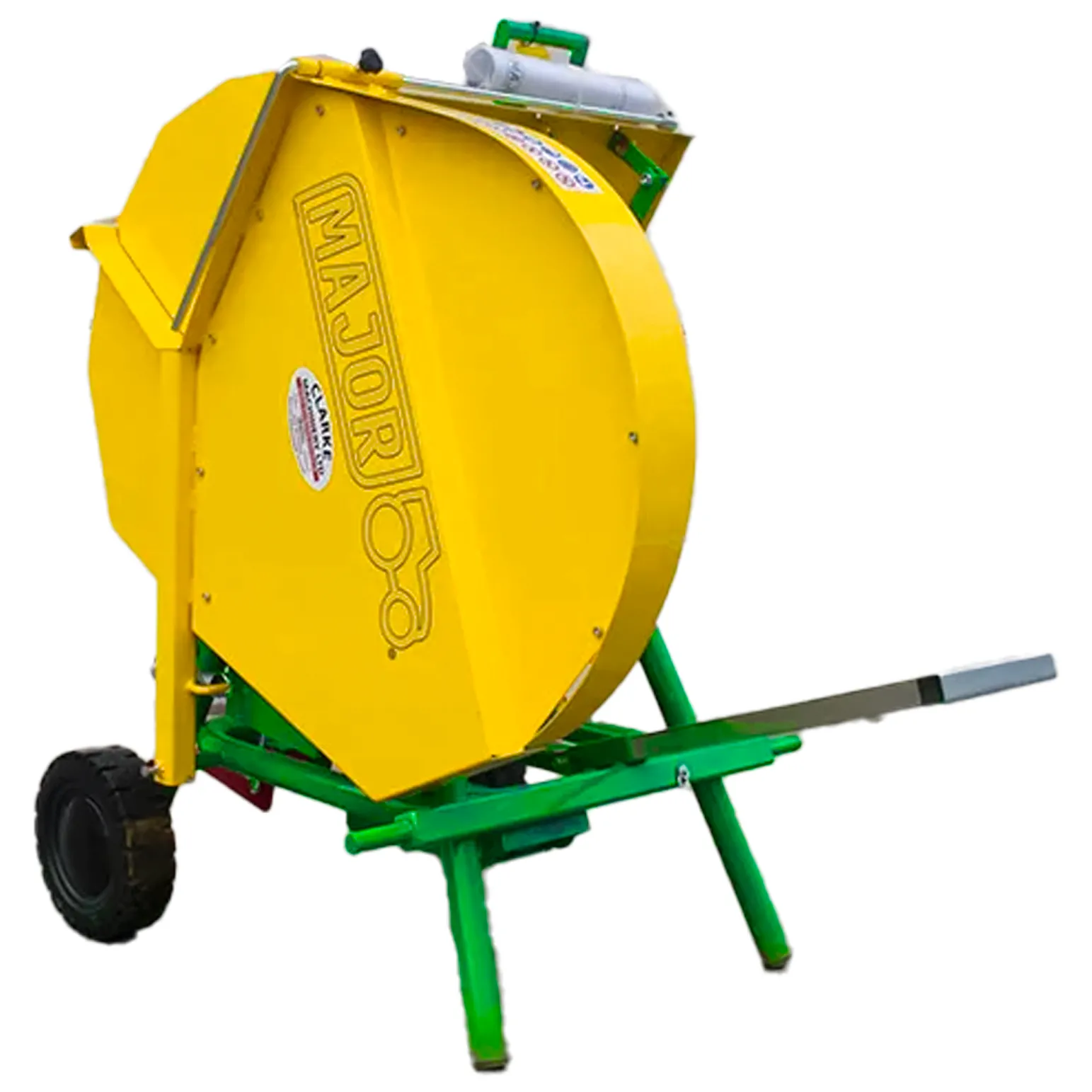Tractor Log Splitters vs. Standalone: Which Is Right for You?

Table of Contents:
- Introduction
- Understanding Tractor Log Splitters and Standalone Models
- Advantages of Tractor Log Splitters
- Advantages of Standalone Log Splitters
- Factors to Consider When Choosing
- Making Your Decision
- Safety Considerations
- Conclusion
Introduction
When it comes to efficiently splitting firewood, a crucial decision homeowners often face is whether to use a tractor log splitter or a standalone one. Both options have their advantages, and the choice depends on your specific needs and preferences. In this article, we'll explore the differences between tractor log splitters and standalone models, helping you determine which is the right fit for your firewood processing tasks.
Understanding Tractor Log Splitters and Standalone Models
Before we dive into the details, let's clarify the two primary log splitter configurations:
1. Tractor Log Splitters: These log splitters are designed to be attached to tractors, utilizing the tractor's power to operate. Tractor log splitters provide mobility and efficiency, making them an excellent choice for those with larger properties or extensive firewood processing needs.
2. Standalone Log Splitters: These are freestanding units that can be placed anywhere you need them. Standalone log splitters come in various sizes and power capacities, making them versatile for different firewood volumes.
Now, let's explore the advantages and considerations for each option.
Advantages of Tractor Log Splitters
Tractor log splitters offer several key advantages:
1. Mobility: Tractor log splitters are perfect for larger properties where you need to transport the log splitter to different locations. If you have extensive acreage with dispersed woodcutting areas, a tractor log splitter can save you time and effort.
2. Efficiency for Commercial Use: For those in the firewood business or with substantial firewood needs, a tractor log splitter can significantly improve efficiency. They are ideal for processing large quantities of firewood quickly.
3. Reduced Manual Labor: Tractor log splitters are operated using the power of the tractor to which they are attached. This reduces the physical effort required for log splitting, making it an attractive choice for those who wish to minimize manual labor.
4. Compatibility: These log splitters are designed to be easily attached to tractors, ensuring compatibility with the equipment you already own. This eliminates the need for purchasing additional power sources.
Now that we've explored the advantages of tractor log splitters, let's consider the benefits of standalone log splitters.

Advantages of Standalone Log Splitters
Standalone log splitters are popular among homeowners for several reasons:
1. Versatility: Standalone log splitters come in a range of sizes and tonnage capacities. This versatility allows you to choose a unit that suits your firewood processing needs, whether you're dealing with small amounts of firewood or require a high-volume solution.
2. Easy Setup: One of the primary benefits of standalone log splitters is their straightforward setup. You can place them in a location that's convenient for your work, such as near your woodpile or storage area. Most standalone units are easy to assemble and require minimal preparation.
3. Wide Range of Options: Standalone log splitters offer various power sources, including electric, gas, and hydraulic options. This allows you to select a log splitter that aligns with your available power sources and environmental considerations.
4. No Dependency on Other Equipment: With standalone log splitters, you don't need to rely on additional machinery or vehicles for power. This makes them a great choice for those who prefer a self-contained solution.
5. Ideal for Smaller Properties: If you have a smaller property and limited storage space, a standalone log splitter may be the most practical choice. You can store it away when not in use, keeping your outdoor area tidy.

Factors to Consider When Choosing
When deciding between a tractor log splitter and a standalone log splitter, there are several factors to consider:
1. Workload: Assess the volume of firewood you need to process. For smaller amounts, a standalone log splitter may suffice. However, if you have a large workload, a tractor log splitter can significantly speed up the process.
2. Property Size: Consider the size of your property and the need for mobility. Larger properties with dispersed woodcutting areas often benefit from the mobility of a tractor log splitter.
3. Storage Space: Evaluate the availability of storage space. Standalone log splitters can be easily stored when not in use, making them suitable for properties with limited storage space.
4. Power Source: Determine your preferred power source. Standalone log splitters offer a range of power options,
including electric, gas, and hydraulic. Tractor log splitters typically use the power of the tractor to which they're attached.
5. Budget: Budget considerations are essential. Standalone log splitters are often more cost-effective, while tractor log splitters, especially if you need to purchase or upgrade a tractor, can represent a more significant investment.
6. Efficiency: Think about the level of efficiency you require. Tractor log splitters are known for their efficiency, making them an excellent choice for commercial use or those with demanding firewood needs.
7. Physical Capability: Consider your physical capabilities. If you prefer to reduce manual labor, a tractor log splitter may be the better choice, as it relies on the power of the tractor for operation.
Making Your Decision
In the end, the choice between a tractor log splitter and a standalone log splitter depends on your unique circumstances. For many homeowners with average firewood needs and limited space, a standalone log splitter is a practical choice. It offers versatility, ease of use, and a range of power options to fit your needs.
On the other hand, if you have a substantial firewood workload, a large property, or if you seek commercial-level efficiency, a tractor log splitter may be the solution you're looking for. While it may require a larger upfront investment, it can save you time and effort in the long run.
Whichever option you choose, always prioritize safety in your log-splitting operations. Follow the manufacturer's guidelines for operation and maintenance to ensure a safe and productive firewood processing experience.
Conclusion
In conclusion, the decision between a tractor log splitter and a standalone log splitter ultimately comes down to your specific requirements and preferences. Evaluate the factors mentioned above and weigh them against your needs. With the right choice, you'll be well-equipped to handle your firewood processing tasks effectively and efficiently.

Frame: Heavy duty frame
Linkage: 3 point linkage for easy transport
Ram: 14 tonne hydraulic ram
Operation: CE Two hand control for safe operation







